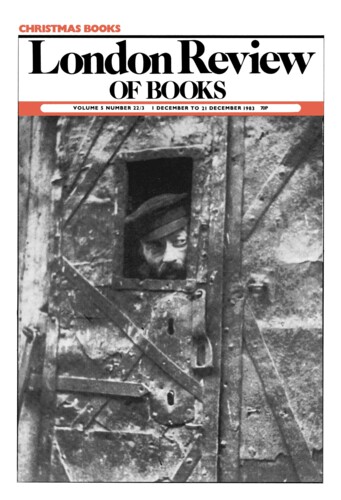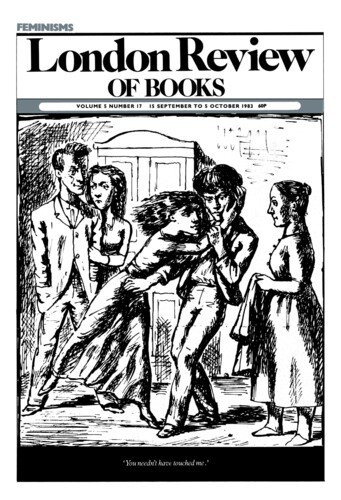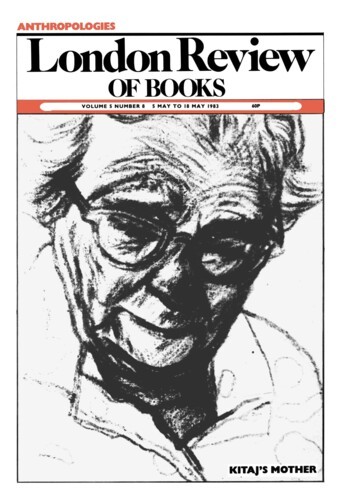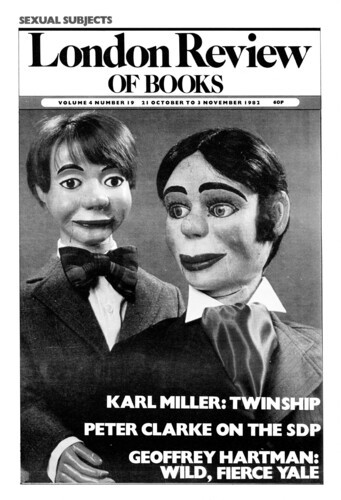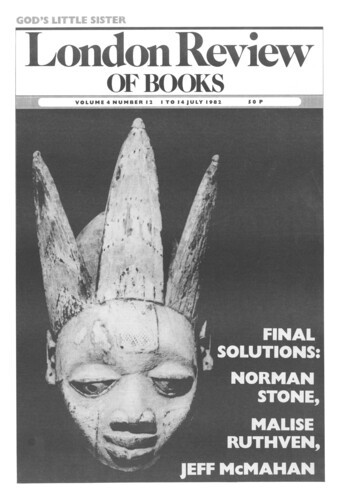Blood Relations
J.I.M. Stewart, 1 December 1983
‘All happy families resemble one another, each unhappy family is unhappy in its own way.’ The second part, at least, of Tolstoy’s celebrated dictum is borne out by Angus Wilson’s fiction, which deals largely in families, and this with a rich diversity through a long series of books. Sir Angus shuffles the cards brilliantly, but Unhappy Families remains the name of the pack.
